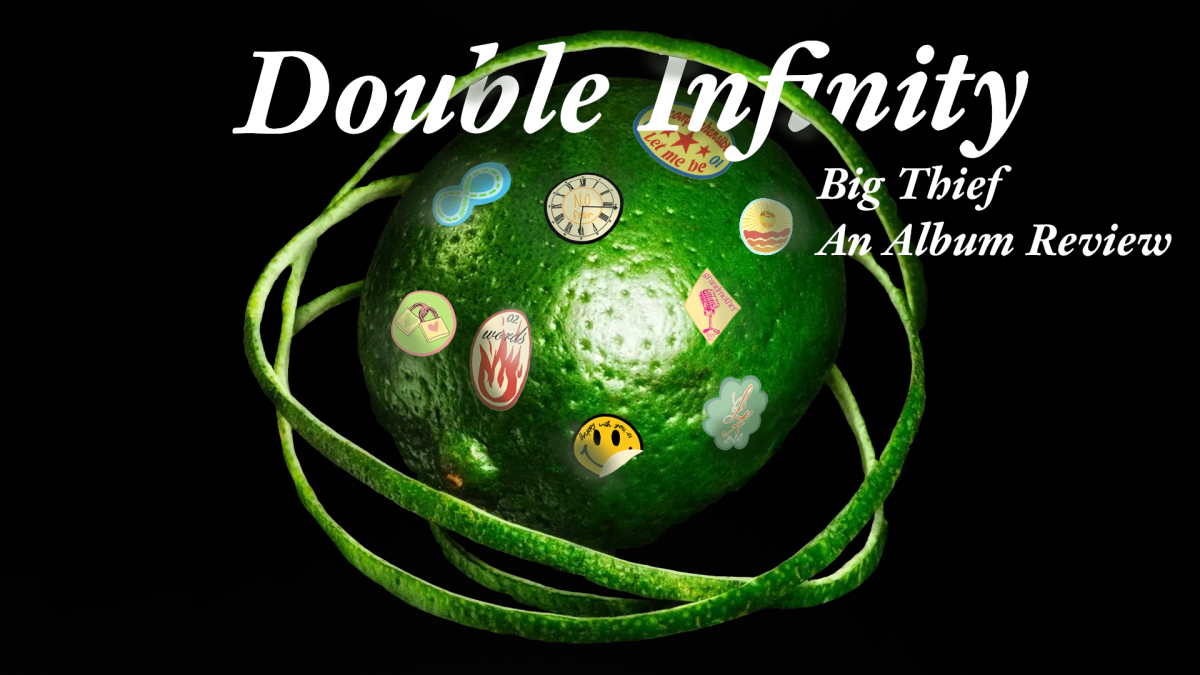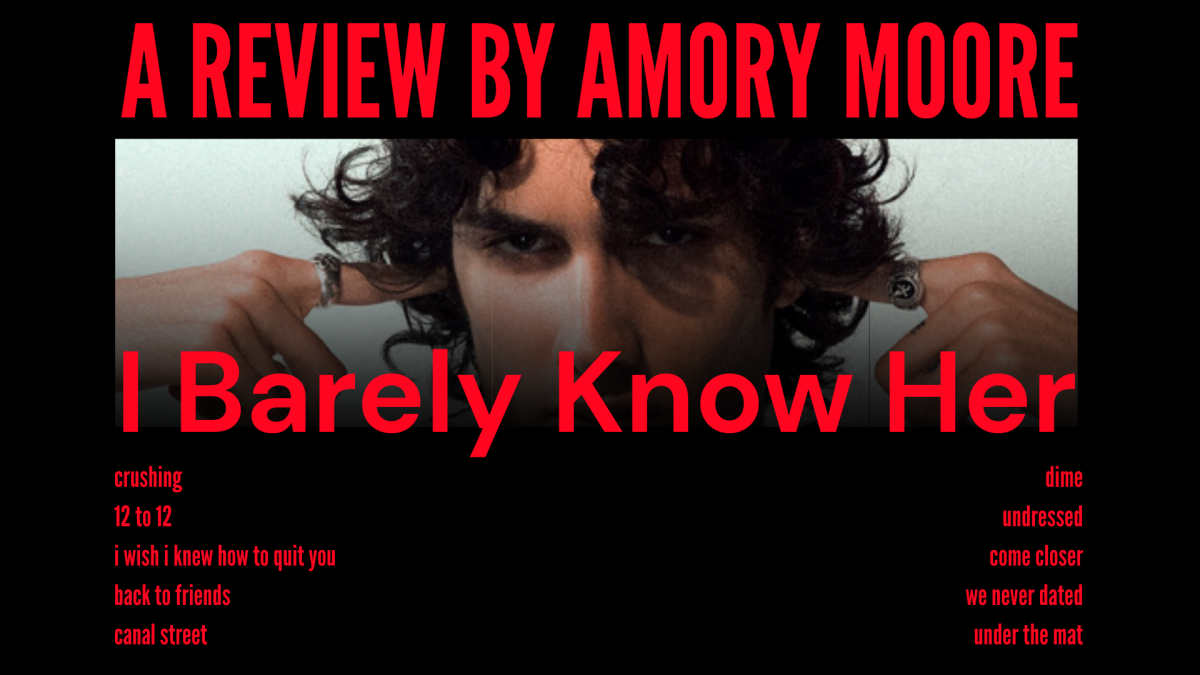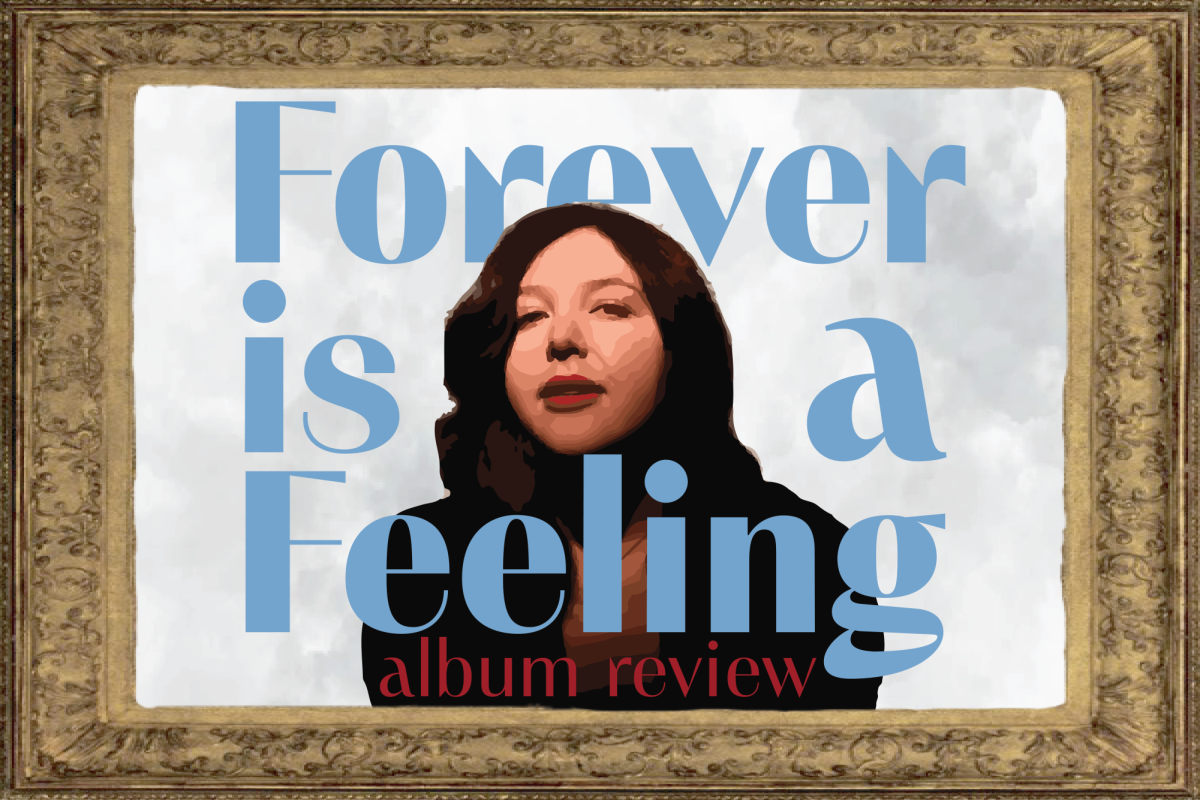An analysis of artistic growth, lyrical messages and meaning for the long-awaited album, courtesy of newsroom Swifties.
On July 7, Taylor Swift released “Speak Now (Taylor’s Version),” a full re-recording of her third studio album. The addition to her catalog marks a halfway point in her efforts to reproduce her first six albums, an initiative by Swift after her record label sold the rights to Swift’s catalog without her involvement. Swift revisits the narratives of her early career, enhancing the album with a nostalgic experience.
Swift’s decision to re-record in 2019 was surely noble: an inspirational declaration to creatives and women everywhere that you should own what you create. And what right has anyone to tell Taylor what to do with her work, especially when the music industry remains male-dominated? In 2022, for example, 30% of Billboard’s Top 100 artists were female, and only 14% of songwriters were women. Across five categories, 15.2% of 2022 Grammy nominees were women. Additionally, women only make up 2.8% of music producers.
And with these paltry statistics in mind, no one should criticize a woman for something for which they would not criticize a man. In a male-dominated industry, no woman is too ambitious, too calculated, or too power-hungry. “Speak Now” is Swift’s only album that she wrote completely by herself. The album proves an especially pertinent example of not only Swift’s musical prowess, but the heights female artists can reach in the music industry when they are given the representation.
That being said, while Swift has every right to reclaim her music, this specific rerecording felt slightly flat in some areas. For some Swifties, “Speak Now” was the never-ending soundtrack to their adolescence, and every note, guitar riff and intake of breath is as familiar as their childhood bedroom. Slight changes cause the iconic songs to lose their comfortable familiarity. “Speak Now (Taylor’s Version)” has lost some of the novelty that her first two re-recordings had.
Swift’s mature voice is steadier, and it’s noticeably easier for her to transition from her belt to her head voice. But some of Swift’s youthful vocal quirks, such as her voice trembling in the bridge of “Last Kiss,” are what made the album she recorded at age 20 special.

Young Taylor Swift performing “Speak Now.”
Her re-recordings have brought Swift, an already established superstar, unprecedented accolades. “Speak Now (Taylor’s Version)”’s sales made up nearly 25% of all album sales in the U.S. the week of its release. It also became Swift’s 12th Billboard Number One album, meaning Swift now has more No. 1 albums than any other woman in history.
But it should be noted that many sales come from return customers. Apart from the “From the Vault” tracks, listeners don’t need something new to convince them to buy anything with Taylor’s name on it. This is a testament to the longevity of her success, and certainly not a criticism of her marketing prowess.
The only lyrical change to the album is on track 10, “Better Than Revenge.” The song berates the woman who allegedly “stole” Swift’s then-boyfriend. Swift changed the original lyrics, “She’s not a saint and she’s not what you think / She’s an actress, woah / She’s better known for the things that she does / On the mattress, woah,” to “He was a moth to the flame / She was holding the matches, woah.”
In hindsight, Swift attributed these slut-shaming lyrics as a product of high emotions from a teenage thought process. In an interview with The Guardian in August 2014, Swift remarked, “I was 18 when I wrote that. That’s the age you are when you think someone can actually take your boyfriend. Then you grow up and realize no one [can] take someone from you if they don’t want to leave.”
Essentially, the rewrite is a great reflection on the overall theme of the album. “Speak Now” is a testament to Swift’s authenticity as a songwriter and the lyric change is appropriate as it is her artistic choice to alter something she feels out of place. In fact, the alteration in the chorus of “Better Than Revenge” mirrors a sentiment Swift wrote in the prologue of the original “Speak Now” album booklet:
“In real life, saying the right thing at the right moment is beyond crucial. So crucial, in fact, that most of us start to hesitate, for fear of saying the wrong thing at the wrong time. But lately what I’ve begun to fear more than that is letting the moment pass without saying anything.”
The only other changes to the album are the addition of six “From the Vault” tracks, two of which feature Fall Out Boy and Paramore’s Hayley Williams.
“Electric Touch” is a relatively tame track for Fall Out Boy but still a joyful collaboration with Swift. The collaboration brings “Speak Now” full circle, as Fall Out Boy was a highly influential artist for Swift during her songwriting process of the original “Speak Now” album in the late 2000s. The electric guitar and playful innocence of Swift’s early lyricism mix effortlessly.
Some speculate that the next track, “When Emma Falls in Love,” is about Swift’s friend Emma Stone, because of potential references to Stone’s close relationship with her mother and her role in Easy A. The references in this song epitomize Swift’s narrative writing and cultural allusions.
“I Can See You” has the passion of “Sparks Fly” with the overt sensuality of “Reputation”’s “Dress.” Swift describes what she imagines her and her not-yet-lover doing: “I could see you up against the wall with me … I could see you throw your jacket on the floor.” It’s playfully suggestive, and the intro includes some of Swift’s signature throaty vocalizations.
Paramore’s Hayley Williams collaborates with Swift for “Castles Crumbling,” a long-awaited song after fans discovered the song registered with Sony Music in January 2023. The ballad is a somber reflection from Swift’s experience in the music industry, making the song an outlier among the tracks from “the vault.” However, its placement is fitting as an introspective melody for Swift and Williams, who both grew up as female artists under the constant scrutiny of the public eye.
“Foolish One” recounts the taxing emotions from a problematic relationship, a theme shared with a previous track “Dear John.” Swift’s delicate and raw vocals take the spotlight in this track. Ultimately, the simple and melancholic song allows the narrative to put the weight without being overshadowed by excessive musical arrangements.
Closing the album, “Timeless” is a unique exploration of fate. Swift entertains the idea of a time-traveling romance that comes to fruition despite the couple’s ever-changing environment. “Timeless” is one of Swift’s first “Quill pen songs,” a songwriting category Swift has characterized with “antiquated” lyrics and historic themes. The track features a brilliant mixture of Swift’s nostalgia and optimism, making the song a fitting choice to conclude “Speak Now (Taylor’s Version).”
Swift’s decision to re-record her first six studio albums has blossomed into the “Taylor’s Version” phenomenon, reaffirming her control over her own music while allowing a new voice to sing through. With “Speak Now (Taylor’s Version)”, Swift made a powerful yet nuanced statement about her rights as an artist and a woman. Luckily for her listeners, her musical statement is incredibly catchy.
Edited by Alex Goldstein | [email protected]
Copy edited by Grace Knight














